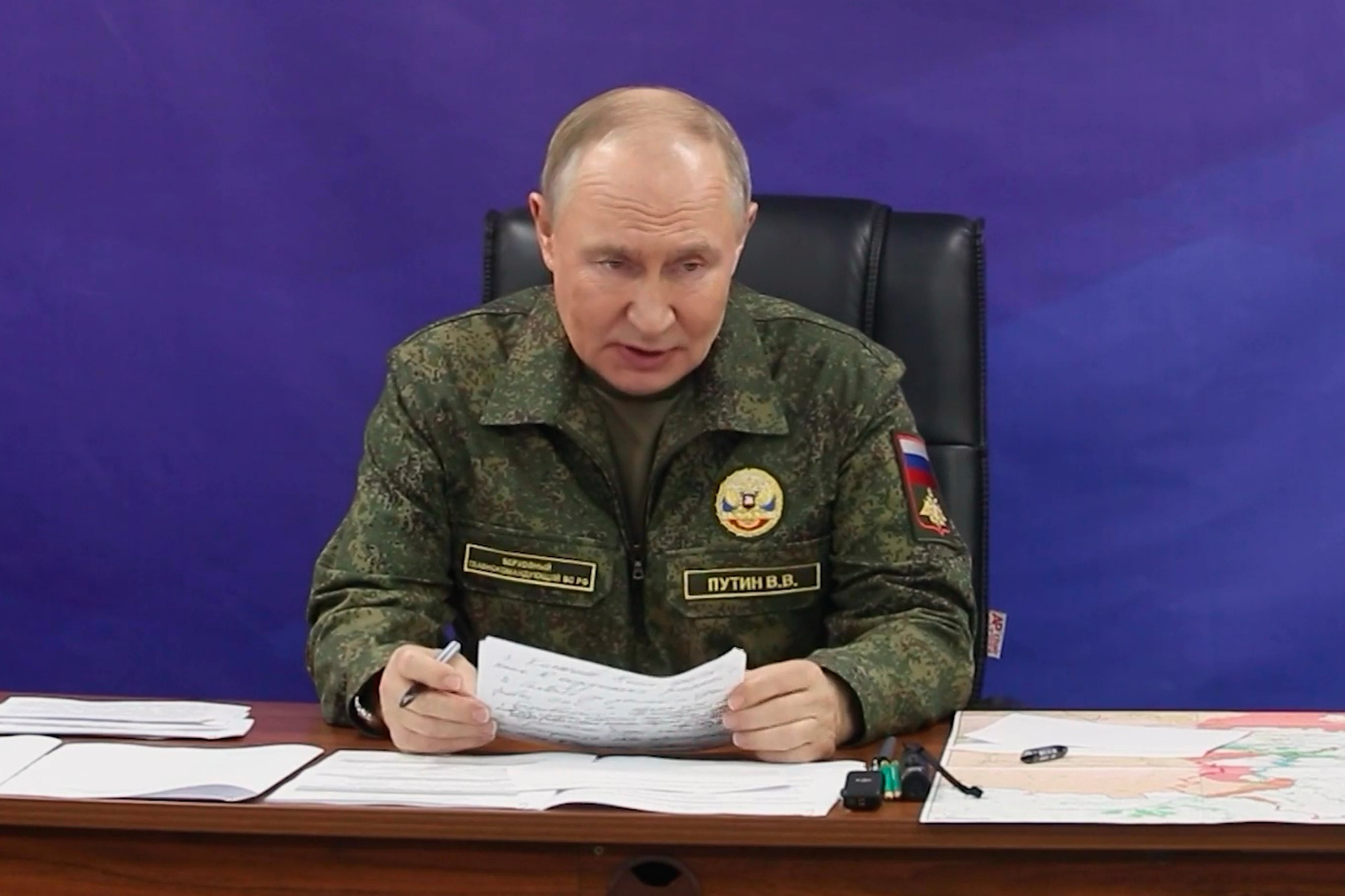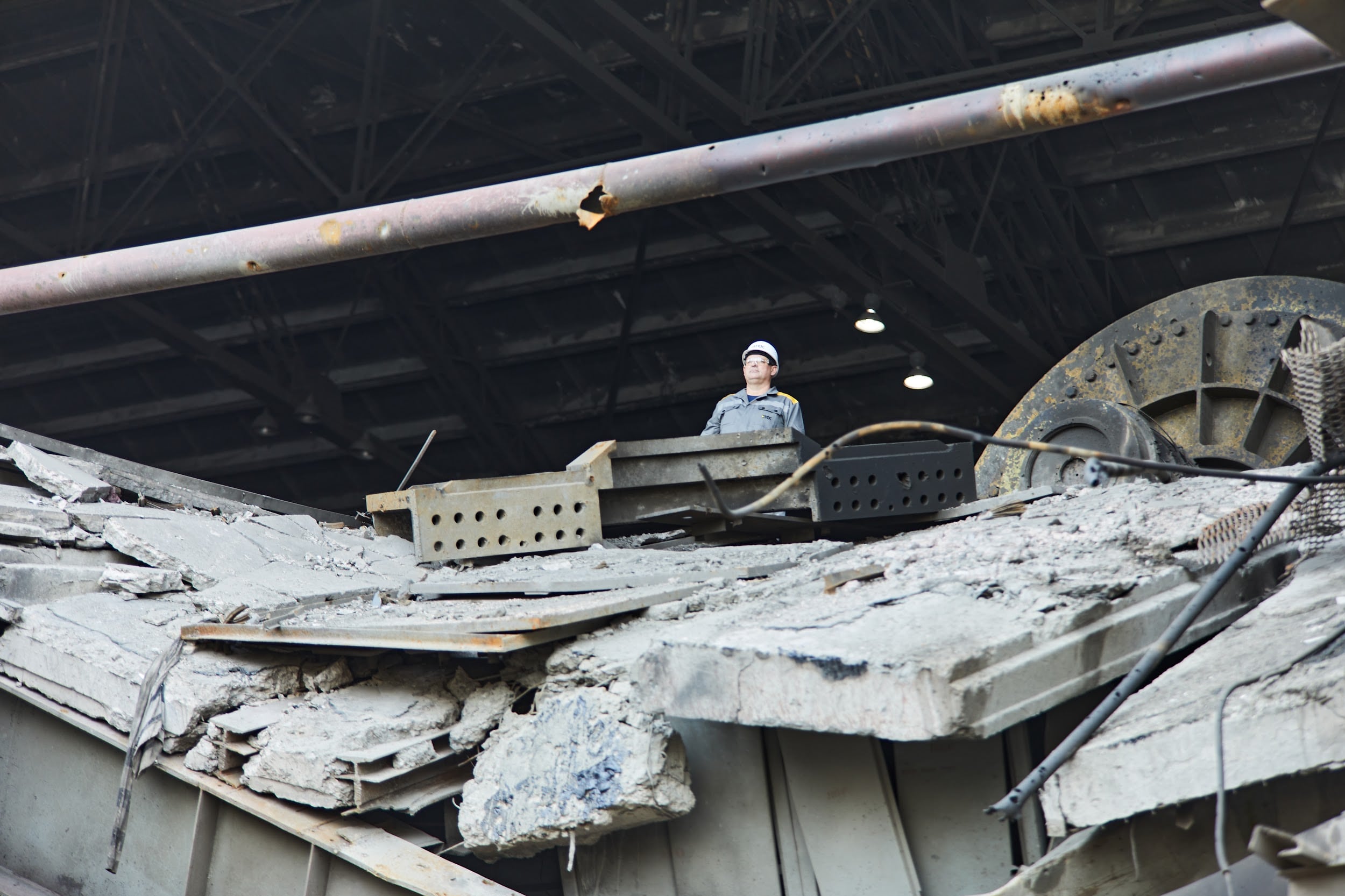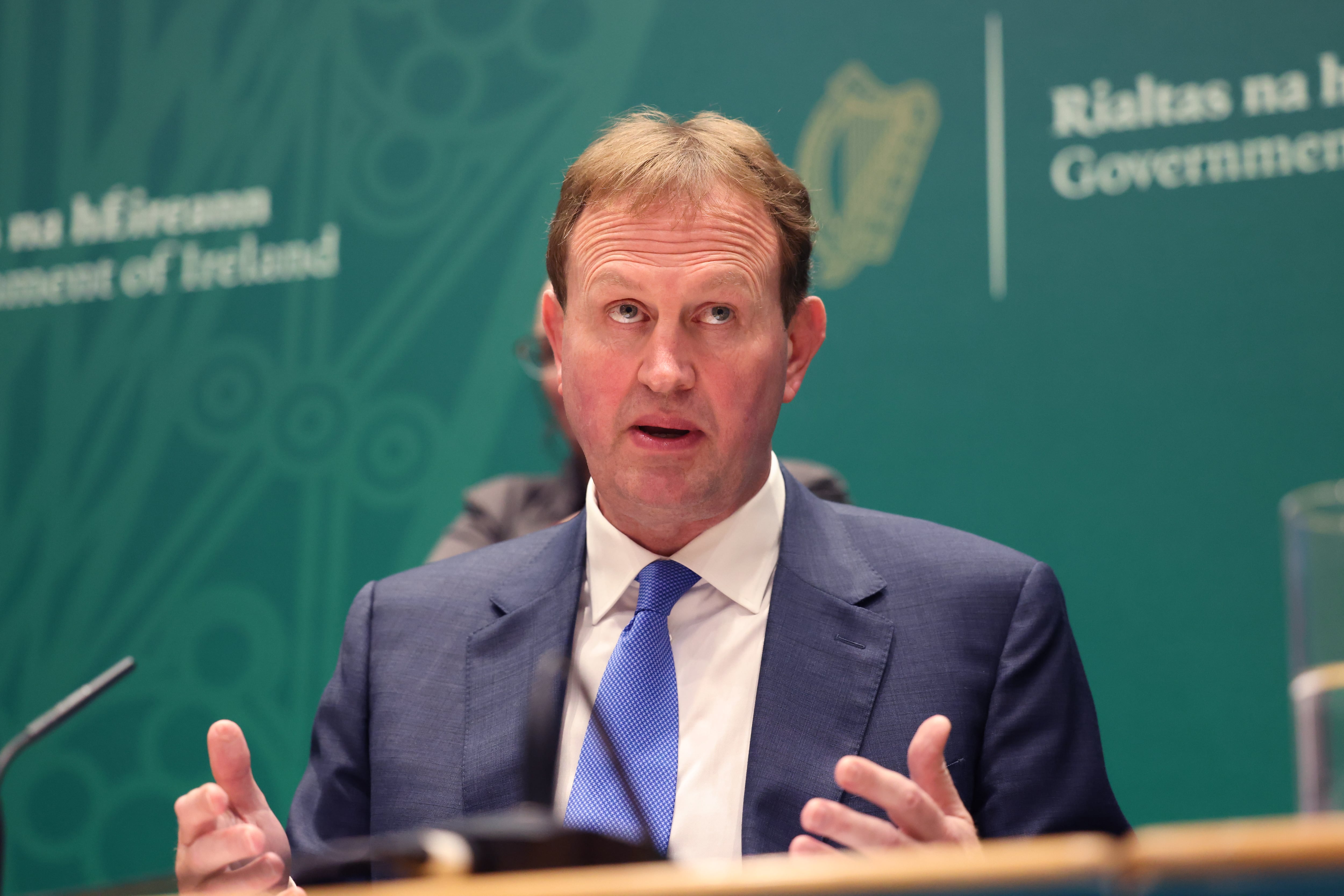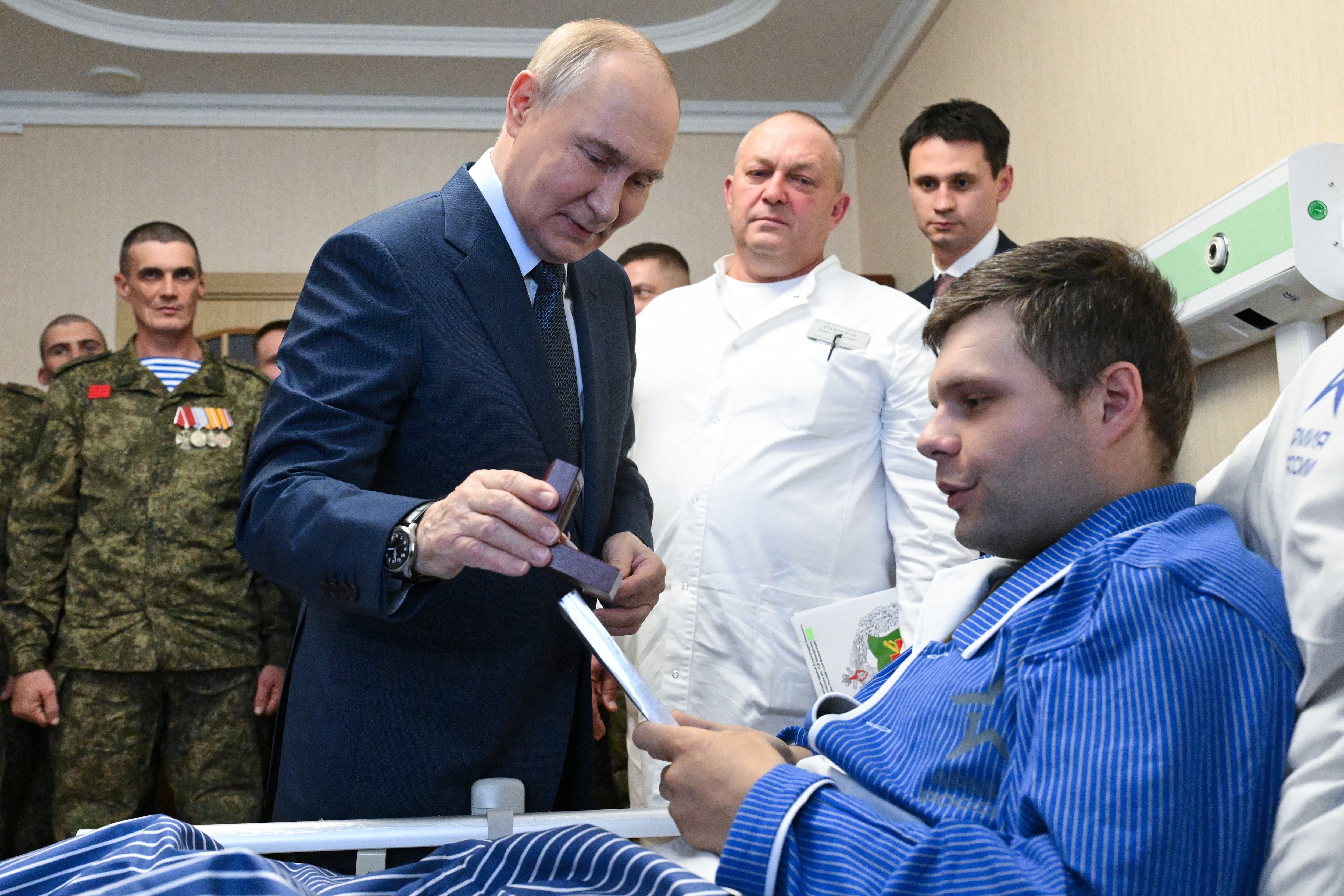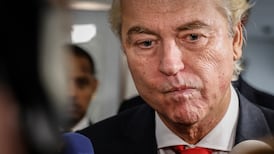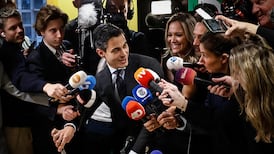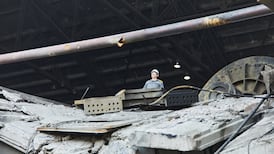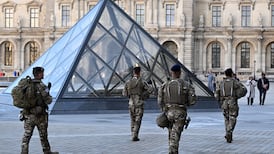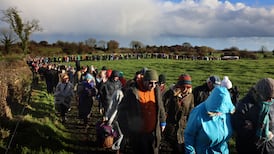Kyiv has urged western allies to work faster on formulating defence guarantees that would be part of any future peace deal with Moscow, and said making Ukraine’s military as strong as possible would be the best safeguard of its future security.
Despite White House claims of success, this month’s US-Russia summit in Alaska and White House talks involving US president Donald Trump, Ukrainian president Volodymyr Zelenskiy and several European leaders did not appear to bring closer an agreement to end Russia’s 3½-year full-scale invasion of its neighbour.
Nevertheless, senior Ukrainian and western political and security officials are discussing defence guarantees and possible peacekeeping options for Ukraine this week, even as Moscow continues to reject the idea of western troops patrolling Ukraine and maintains a set of hardline demands that includes “demilitarisation” of the country.
Mr Zelenskiy held separate meetings on Tuesday in Kyiv with senior Ukrainian military officers and with Tony Radakin, the chief of Britain’s defence staff, and his appointed successor, Richard Knighton.
READ MORE
“We must intensify our work to the maximum and ensure clarity and transparency in everything related to security guarantees,” Mr Zelenskiy said.
“Relevant meetings and working contacts will take place throughout the week. We noted that the pace of work must be accelerated. The defence component of the security guarantees must be detailed in the near future.”
Earlier, Ukrainian foreign minister Andrii Sybiha held a conference call with counterparts from the United States, Germany, France, Britain, Italy, Poland and Finland.
“I reiterated Ukraine’s position that security guarantees must be concrete, legally binding and effective,” he said. “We all share the conviction that the Ukrainian army is the fundamental level of any such guarantees, therefore its maximum strengthening is our top priority.”
Ukraine is determined to make its own military as powerful as possible, partly because it has doubts over the willingness of western states to confront Russia. The US and Britain gave security assurances to Kyiv when it handed over its nuclear arsenal to Moscow in 1994, but failed to stop Russia attacking its neighbour over the last 11 years.
“The question is not what security guarantees Ukraine will receive. Ukraine itself is now the guarantor of the stability of the European security architecture,” said Mykhailo Podolyak, an aide to Mr Zelenskiy, describing his country as being “tempered by fire” and providing the “main barrier” to Russian aggression against Europe.
“We are not asking. We are offering a partnership on equal terms. It is now clear that the armed forces of Ukraine are the main land force on the Continent. Only Ukrainian brigades are capable of effectively fulfilling the tasks of collective defence here and now. Our experience, our army, and our will are the backbone of Europe’s future defence power.”
Mr Zelenskiy says he is ready for talks with Russian president Vladimir Putin, and accuses the Kremlin of playing for time and ignoring Mr Trump’s calls for a peace agreement, while its invasion force continues to make slow gains on the battlefield.
Ukraine’s military denied reports on Tuesday that Russia had taken two villages in the Dnipropetrovsk region near its border with the province of Donetsk, but said fighting was taking place in the area. Russian troops have seized about 70 per cent of Donetsk since 2014, but have only recently reached Dnipropetrovsk.
Russian shelling of a coal mine in the Donetsk region killed one miner, injured three, and forced the evacuation from underground of 146 others.
An aide to Polish president Karol Nawrocki denied that his push to limit benefits for Ukrainian refugees would also jeopardise the Ukrainian military’s access to Starlink satellite internet services, which are paid for in part by Warsaw.

